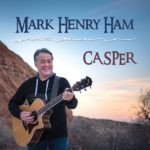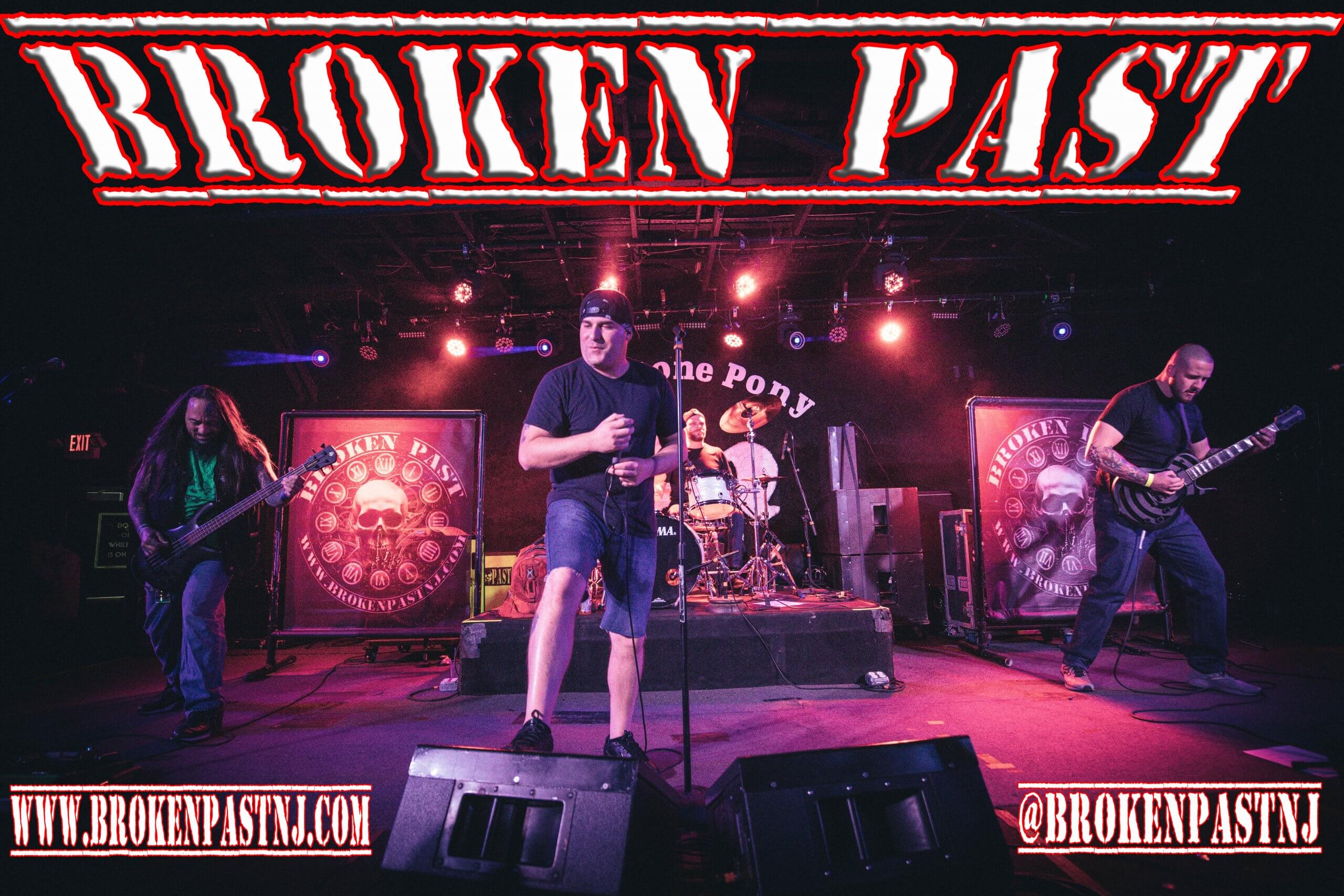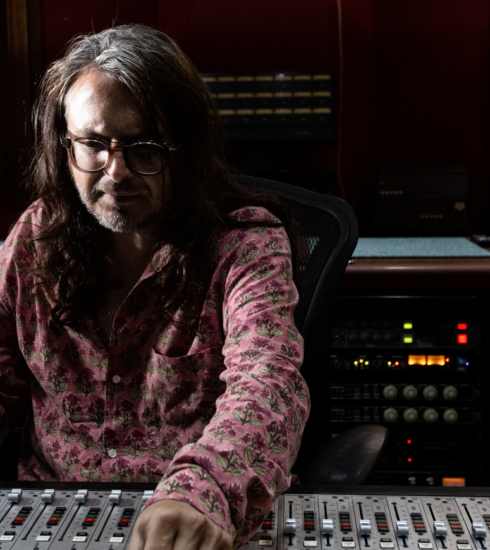Jon Pozzuto’s “Valley of Empty Cities”
There’s a lot of wrestling with mortality going on over the course of Jon Pozzuto’s debut Valley of Empty Cities. The four song EP from the singer/songwriter/multi-instrumentalist is one-man affair, but Pozzuto’s one of those rare people with the talent to not just do it but make it sound easy. His roots are with iconic artists such as Dylan, Lou Reed, former Mountain guitarist Leslie West, and others, and that’s no idle boast. He covers the same wide stylistic gamut that many of those artists attempt broaching and none of the EP’s four songs risk the heavy-handedness that might befall lesser talents.
He opens with a salvo of hard-hitting rock. “Dead End Train” is more, however, than thunderous riffs and stock phrases. Pozzuto doesn’t waste the listener’s time with niceties and instead plunges into a hellish live fast die young netherworld and depicts it in terms every listener will grasp. Even those who haven’t traveled the same path will relate. Attentive listeners will note him selectively mining rock’s past for lyrical references and they dovetail well into his message.
The vocals are arguably the weakest part of Pozzuto’s presentation. It isn’t because of deficiencies with his voice, it isn’t Pavarotti but wholly appropriate for this material. He has an unfortunate wont for obscuring his voice. The presence of keyboards on the album is a mixed bag for me. The organ presence is when it works – spectacularly well. The early Mountain influence is prominent and Pozzuto’s guitar parries well with the instrument.
“Love and Death”, the EP’s second track, benefits enormously from its presence. It isn’t a constant factor, but the organ’s supportive role during the chorus raises it several notches above fine. It has such an inspired surge, syncing perfectly with the vocal melody and other instruments, that it transforms the song.
It’s a lyrical gem, as well, with Pozzuto unspooling verse after verse of poetic insight, much of it hard-earned. He has a well-developed instinct for never overplaying the imagery; Dylan may influence him, but it’s later Dylan, and not the surrealistic 60’s wordsmith. It’s probably the EP’s most “rootsy” cut, really, as harmonica and piercing blues lead guitar are among its highlights.
“Cemetery Grove”, however, foregoes the organ for synths instead. I prefer the former, vastly, but the redeeming grace of the latter is that Pozzuto doesn’t use them any more than the organ, really. They add important color here, but they are color underscoring more prominent elements rather than leading the charge. “Valley of Empty Cities” promises a marquee moment for the release and doesn’t disappoint.
The final track features some of Pozzuto’s most blistering guitar work on the album without ever sacrificing its flexibility to do more. His focus is far wider than most of his contemporaries on the instrument. I felt carried away by his vocal and the lyric’s imagery from the first lines and its allure doesn’t relinquish its hold until the song’s conclusion. If you are a fan of guitar pyrotechnics that aren’t just empty show married to thoughtful writing, Jon Pozzuto’s Valley of Lost Cities is for you.
Nicole Killian








